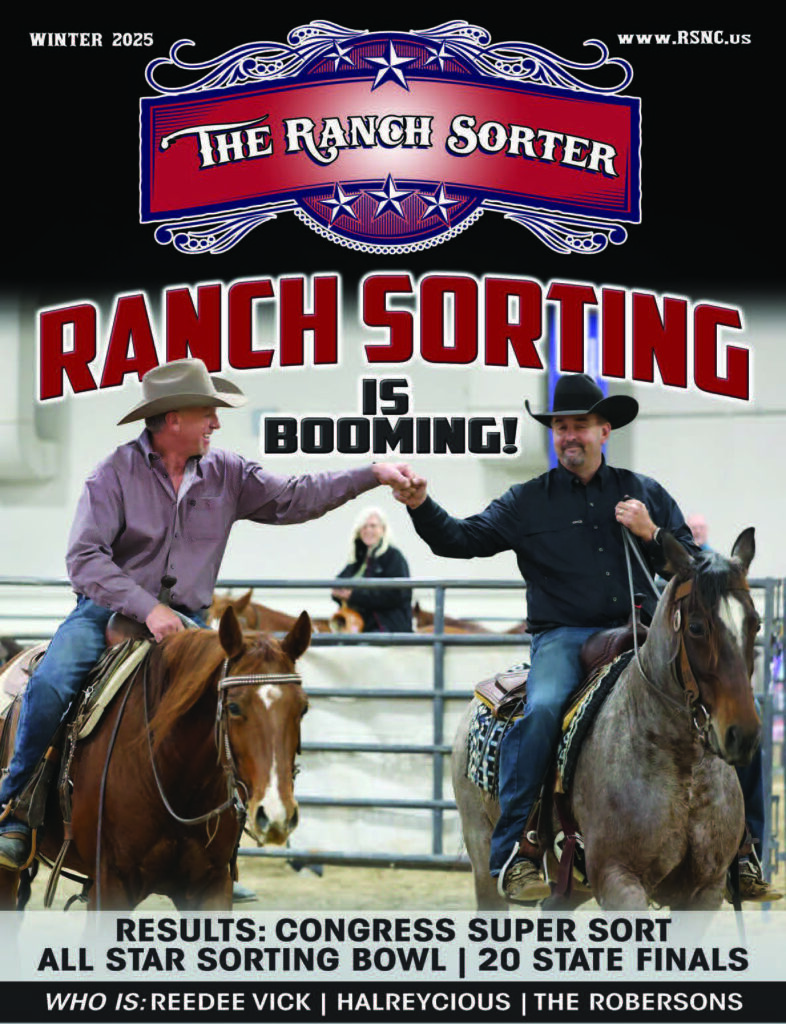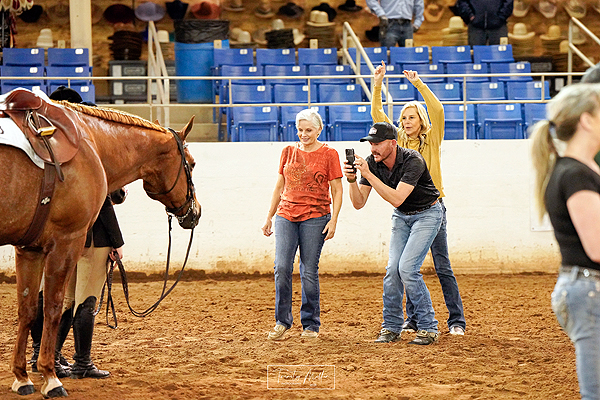In most species exercise induces a pro-inflammatory state that causes immunoregulatory proteins in the body called cytokines to increase. This inflammation can have both positive and negative effects.
To determine how exercise impacts young racehorses specifically, a team of researchers measured and assessed systemic mRNA cytokine expression before and after 2-year-old Thoroughbreds raced in a first-of-its-kind study. Macarena G. Sanz, DVM, MS, PhD, Dipl. ACVIM, an assistant professor of equine medicine in Washington State University’s Department of Veterinary Clinical Sciences, in Pullman, presented their findings at the 2021 American Association of Equine Practitioners (AAEP) Convention, held Dec. 4-8 in Nashville, Tennessee.
“A lot of the pro-inflammatory cytokines go up with exercise,” Sanz explained. “It’s considered good inflammation because it’s needed for adaptation to exercise. As horses get conditioned, that inflammatory profile should change to an anti-inflammatory profile. But if horses are poorly conditioned or overtrained, that anti-inflammatory stage never gets there, and they end up with this chronic inflammation that is not beneficial for them.”
Researchers have evaluated cytokine levels before and after exercise in adult horses, but little is known about the systemic cytokine response of juvenile horses. This is significant, said Sanz, because “what we know from human adolescent athletes is their response to exercise is very different than the adult athletes. We think that the cytokine profile of young racehorses after exercise is also going to be different from that seen in adult horses.”
Previous studies have also only been conducted in horses running on treadmills or simulated racing scenarios, which she said does not always mimic racing conditions.
So, Sanz and her team followed 169 2-year-olds racing without furosemide (Lasix) in California, Florida, New York, and Pennsylvania. Veterinarians collected blood samples from each horse before and after racing and compared the mRNA expression of 12 cytokines involved with inflammation and immune system function from the before and after samples. They found that nine out of the 12 cytokine profiles changed post-racing.
“Racing induced significant changes in pro- and anti-inflammatory cytokines as well as cytokines related to muscle and cell growth,” said Sanz.
Interestingly, she said, horses racing in Florida and Pennsylvania had different cytokine profiles than the other horses, which could result from race distance, number of starts, track surface, weather, and other factors.
“This study is important because it is the first one to describe the expected changes in the cytokine profile of young racing horses in multiple racetracks in the U.S.,” Sanz told The Horse. “This data will be useful to assess the effect that interventions (such as furosemide administration) may have on this profile.”
She said veterinarians and trainers can also use this information when assessing equine fitness and the impact of training programs on juvenile racehorses.








